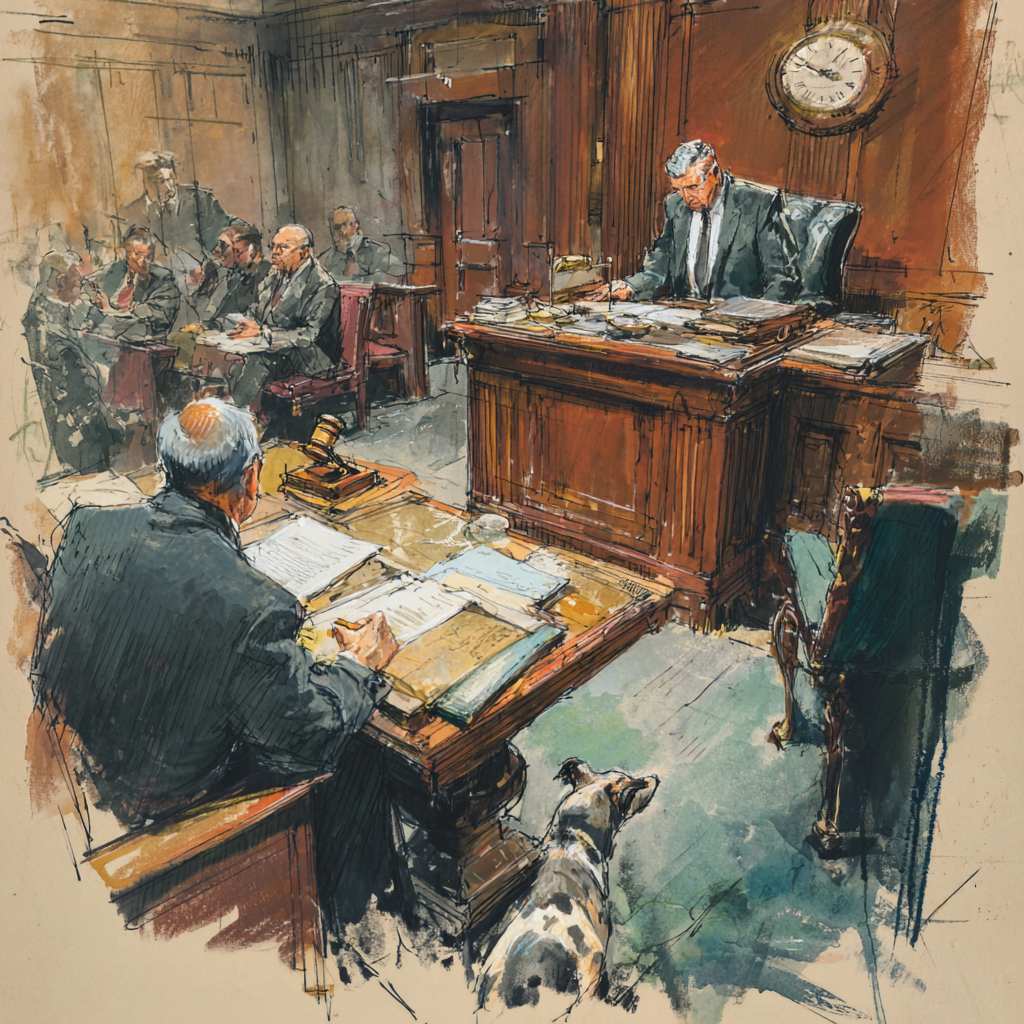B.Y., M.D., P.C. v Government Empl. Ins. Co., 2010 NY Slip Op 20026 (App. Term 2d Dept. 2010)
This case is weird. Why would a provider move for summary judgment solely to have the court determine that its prima facie case at the time of trial is established? Usually, a provider (or insurance carrier) moves for summary judgment for complete relief either as to the entire complaint or as to a particular bill or bills, and as a backup remedy, seeks partial summary judgment seeking certain facts established as a matter of law for purposes of trial. In the practice commentaries, CPLR 3212(g) is thought of as the provision of the accelerated judgment statute, which salvages an otherwise aborted summary judgment motion.
Just on so many fronts, the litigation strategy involved in this case was bizarre. I have some other thoughts, but I will not express them on here.










6 Responses
The case is very weird. Not sure I quite understand the Appellate Term’s discussion of (g), unless it is contingent on a party initially moving under (e). I’m probably missing something.
Could be a pleading issue.
Yes, you can move for sj on 3212(g) or 3212(e) where you are looking for something less than sj on liability. An analogy I can think of is someone in a personal injury action moving for sj under 3212(g) so that the court could decide, as a matter of law, that the adverse driver was drunk while operating his vehicle. Unless that fact would be sufficient to grant the movant sj on liability or on another issue dispositive of the dispute, it would be improper to move for sj solely based upon 3212(g) or (e). That is how I read this case.
I don’t think a party can move under (g) alone. (e) allows for partial SJ “as to one or more causes of action, or part thereof.” It looks like the plaintiff was look for “part thereof.”
But the part thereof has to be as to liability or damages. it cannot be used as a glorified notice to admit.
Your Feb 9 comment looks to be a response to one of my comments that you didn’t approve. You probably read it and responded. If you approve the comment, it will give your response some context.
(g) can cover a lot of things. I think it can overlap an NTA in some respects.